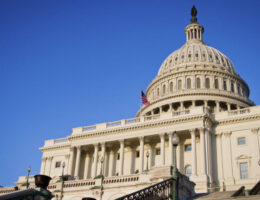The new premerger filing form and rules for complying with the Hart-Scott-Rodino Act (HSR Act) are now effective. While a legal challenge to the changes remains pending, any revisions or recissions by a federal court or the Trump Administration’s Federal Trade Commission or Antitrust Division leadership have not stopped today’s implementation.
As such, parties to all M&A transactions that require an HSR Act filing must use the new notification forms, which require the submission of substantially more information and documents. Parties should be prepared to spend additional time and to incur increased costs associated with HSR Act compliance.
Author
Mark Hamer
BrowsingMark H. Hamer is Global Chair of the Firm's Antitrust & Competition Practice Group, comprised of over 250 competition lawyers in 60 offices across 43 countries. Before 2020, he served as its North America Chair.
Mark's practice spans across all types of antitrust matters, from high-stakes litigation to strategic merger clearance to bet-the-company criminal and civil investigations. Before joining Baker McKenzie, Mark served as a trial attorney in the Antitrust Division of the US Department of Justice, where he was involved in some of the DOJ's highest-profile antitrust trials.
Mark's practice spans across all types of antitrust matters, from high-stakes litigation to strategic merger clearance to bet-the-company criminal and civil investigations. Before joining Baker McKenzie, Mark served as a trial attorney in the Antitrust Division of the US Department of Justice, where he was involved in some of the DOJ's highest-profile antitrust trials.
